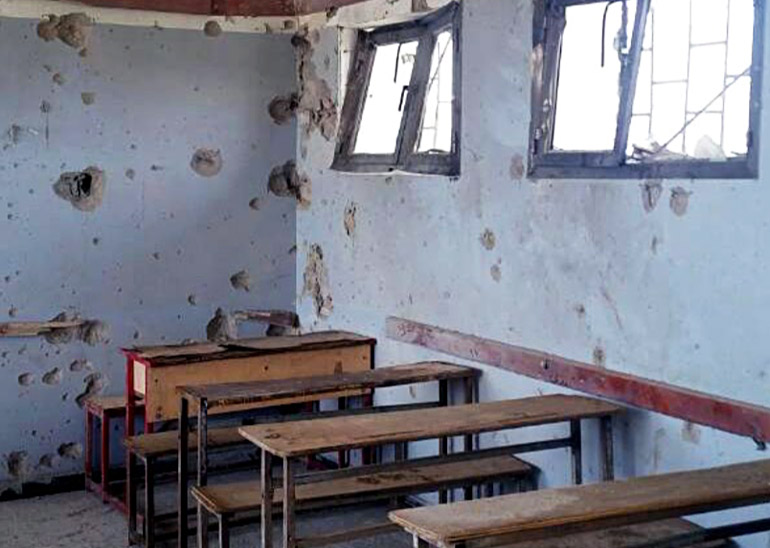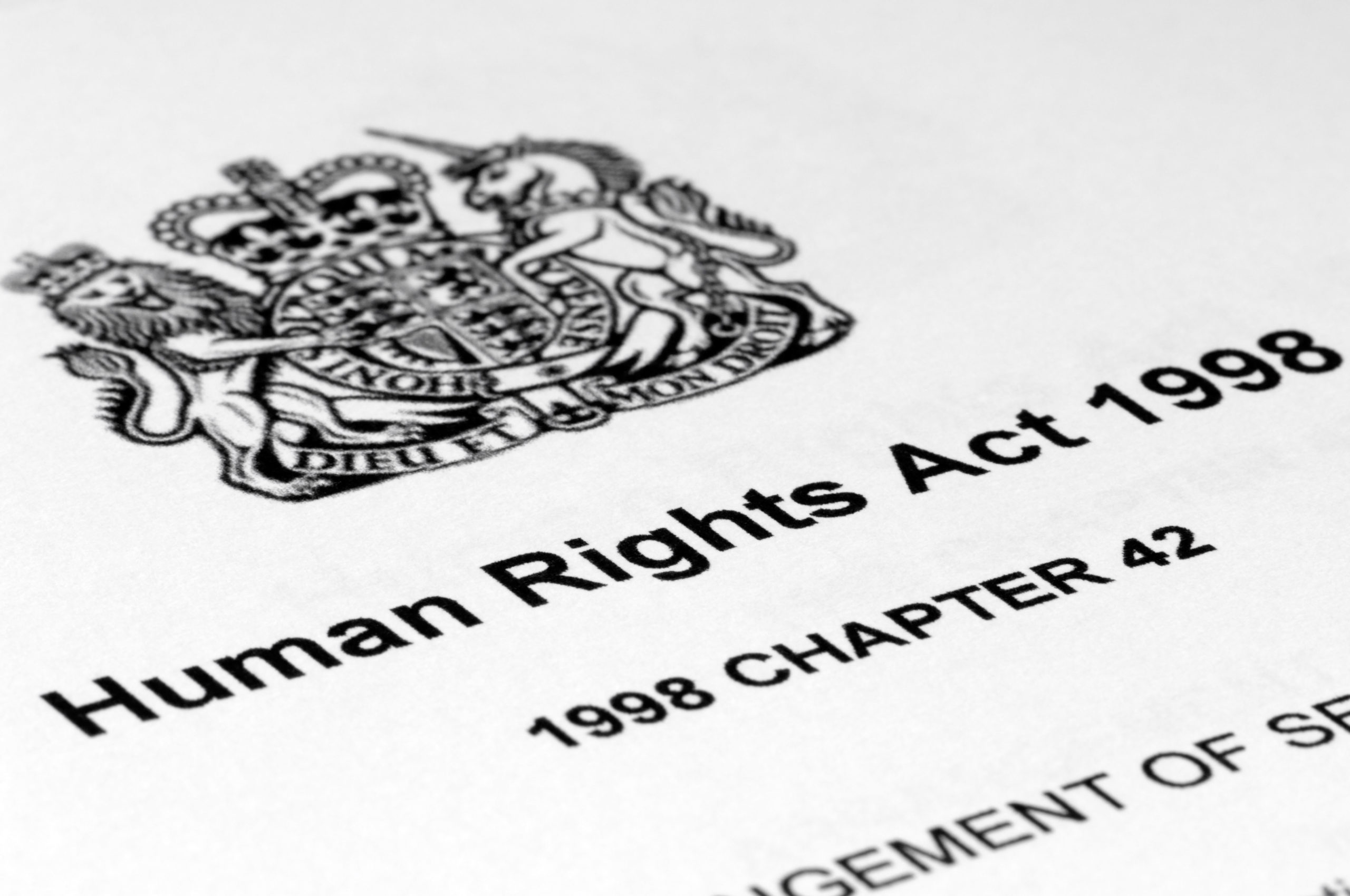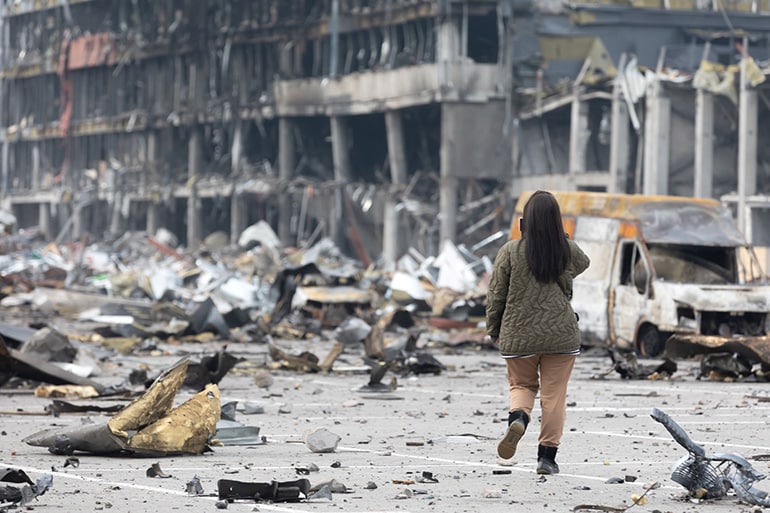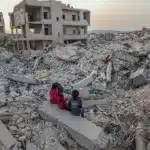August 2020
Warring parties carried out more than 380 attacks impacting schools and educational facilities in Yemen between March 2015 and December 2019, Mwatana for Human Rights and Ceasefire Center for Civilian Rights said in a new report published today. Attacks and other abuses completely or partially destroyed dozens of schools, disrupted the educational process, and contributed to undermining students’ future in Yemen.
Warring parties carried out more than 380 attacks impacting schools and educational facilities in Yemen between March 2015 and December 2019, Mwatana for Human Rights and Ceasefire Center for Civilian Rights said in a new report published today. Attacks and other abuses completely or partially destroyed dozens of schools, disrupted the educational process, and contributed to undermining students’ future in Yemen.
The report, “Undermining the Future: Attacks on Yemen’s Schools,” includes attacks on and abuses against and impacting schools that occurred between March 2015 and December 2019. The documented incidents can be grouped into three main patterns: airstrikes impacting schools and educational facilities (153 incidents), attacks impacting schools during ground attacks (36 incidents) and military use and occupation of schools (171 incidents). In addition to these three primary patterns, Mwatana documented 20 other incidents of abuse impacting schools, such as laying landmines near schools and looting.
Of the documented incidents in the report, the Ansar Allah (Houthi) group bears responsibility for 22 ground attacks, 131 incidents of military occupation and use of schools, and 18 other incidents of abuse or attacks, such as laying mines around schools. The Saudi/UAE-led coalition is responsible for all 153 documented airstrikes, while armed forces and groups of the internationally recognized Yemeni government bear responsibility for 8 ground attacks and 30 incidents of military occupation and use of schools. UAE-backed Southern Transitional Council forces are also responsible for 8 incidents of military occupation and use of schools. Ansar al-Sharia bears responsibility for one of the documented incidents.
The report includes a series of recommendations to Saudi Arabia, the UAE, other coalition member states, the internationally recognized government of President Abd Rabbu Mansour Hadi, the Ansar Allah (Houthi) group, and the UAE-backed Southern Transitional Council, most notably calling on these warring parties to fully adhere to the principles and provisions of international humanitarian law to minimize harm to civilians and civilian objects, including schools. The report also recommends that Iran, the United States, the United Kingdom, France, and others immediately stop selling or transferring weapons to warring parties in Yemen. The report also recommends that the UN Human Rights Council renew and strengthen the mandate of the UN Group of Eminent Experts, with a view to laying a better groundwork for accountability and redress. The report also recommends the Saudi/UAE-led coalition be re-added to the UN Secretary-General’s annual “List of Shame” for abuses against children during armed conflict.
Download the reports:
Undermining The Future Arabic PDF
Undermining The Future English PDF
Note for editors:
The report, “Undermining the Future: Attacks on Yemen’s Schools,” is published by Mwatana for Human Rights and the Ceasefire Centre for Civilian Rights on 18 August 2020. It is based on investigative field research conducted by the Mwatana team in 19 Yemeni governorates, including more than 600 interviews with witnesses, victims’ families, parents, and education workers.
For further information or to arrange interviews, e-mail: contact@ceasefire.org























